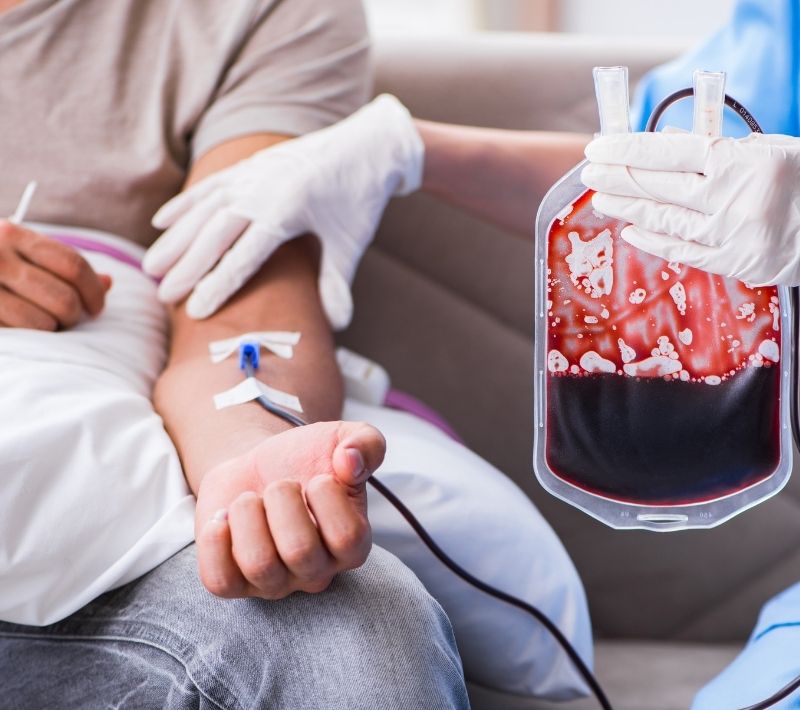The human sweating action is subject to the impact of diverse classes of drugs. Some act centrally at the hypothalamus or at spinal thermoregulatory center, while others act at sympathetic ganglia or at the eccrine-neuro-effector junction.
Pharmacological disruptions of sweating have wide clinical ramifications. Medications that generate hyperhidrosis, or sweating in excess of that needed to maintain thermoregulation, can cause patient pain and humiliation, and include cholinesterase inhibitors, selective serotonin reuptake inhibitors, opioids and tricyclic antidepressants.
Drugs that induce hypohidrosis, or deficient sweating, can raise the risk of warm exhaustion or heat stroke and include anti-muscarinic anticholinergic agents, carbonic anhydrase inhibitors and tricyclic antidepressants.
As acetylcholine is the primary neuro-eccrine mediator, anhidrosis is one of the clinical characteristics through which intense anticholinergic poisoning might be recognized.
The signs and symptom of completely dry mouth usually comes with the less evident symptom of hypohidrosis because the muscarinic M3 acetylcholine receptor type predominates at both sweat and salivary glands.
Management choices consist of dose decrease, medication replacement or discontinuation. When compelling medical indications call for extension of a medication causing hyperhidrosis, the addition of a medicinal representative to reduce sweating can aid to reduce signs and symptoms.
When hypohidrotic medications should be proceeded, lacking sweating can be managed by staying clear of scenarios of warmth stress and anxiety and cooling down the skin with externally applied water.
The availability of medical examinations for the assessment of sudomotor dysfunction in neurological condition has actually boosted recognition of the complex impacts of medications on sweating. Advancements in the understanding of drug-induced anhidrosis have additionally bigger the therapeutic repertoire of reliable therapies for hyperhidrosis.

Sweating is the primary means of thermoregulatory warmth dissipation in response to warm stress in individuals. Although many medications can influence the sweating action, very few research studies have evaluated the impacts of drugs specifically on sweat processing.
It is essential to take into consideration the prospective role of sweat-promoting drugs in patients that suffer unpleasant boosted sweating, or of sweat-inhibiting medications in individuals that show with hyperthermia or heat-related illness.
In patients without symptoms of altered sweating, it is also important to consider the possible impacts of drugs when medical examinations of sweat function are carried out in an autonomic lab for the purpose of reviewing autonomic problems or detecting small fiber neuropathies.
Understanding of the effects of medications on sweating is additionally helpful in managing the individual with a sweating problem.







2 Comments
Nice reading, but the paragraphs are way to long.. I lost track twice..
perhaps it’s better to cut them into parts.
Just a suggestion.
Thanks, have a good day.
Thanks Aurora, Appreciate your feedback. Will take in in consideration for sure.